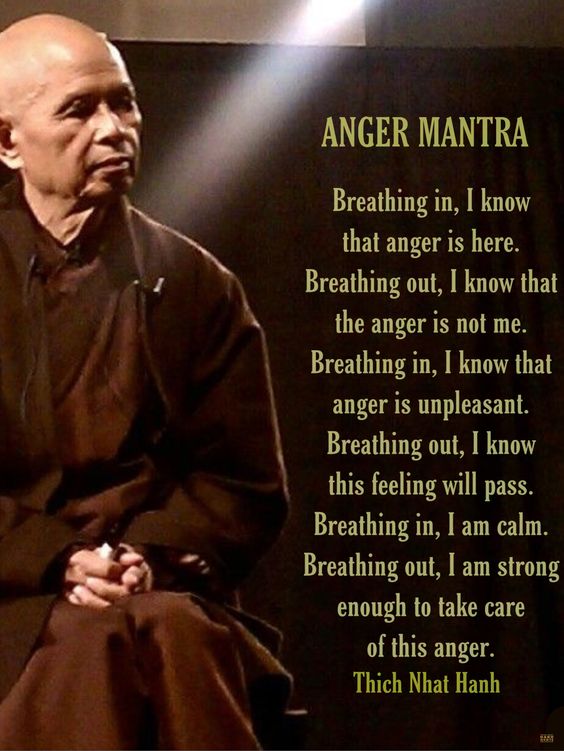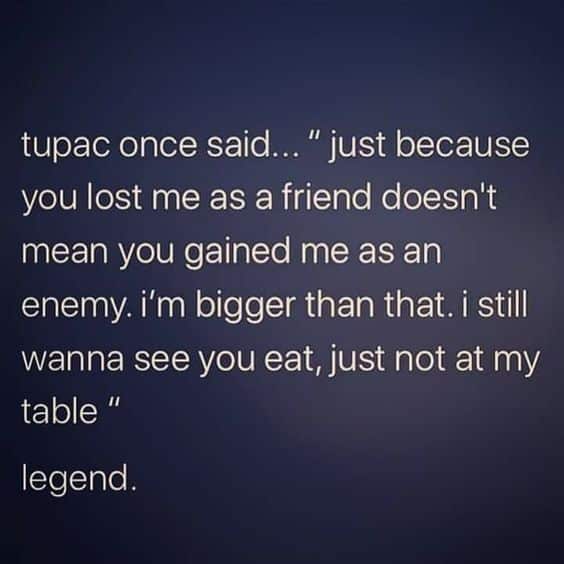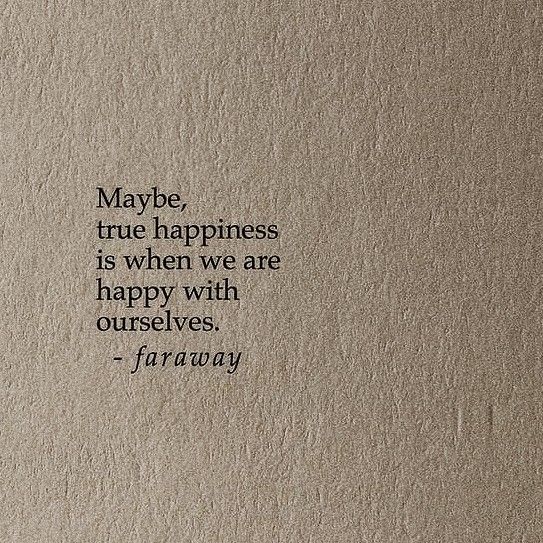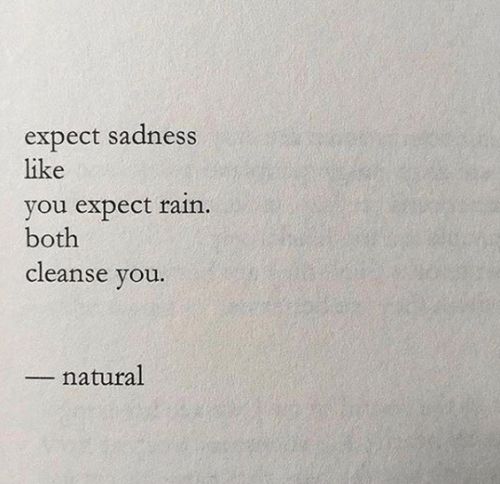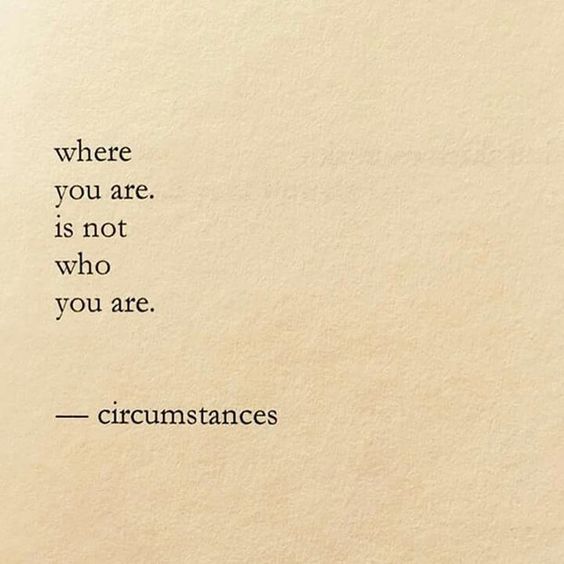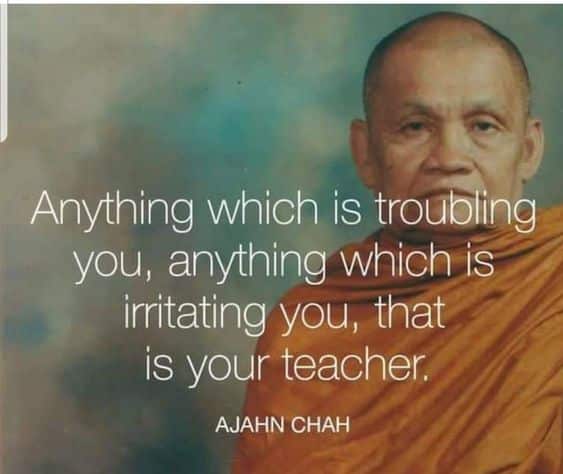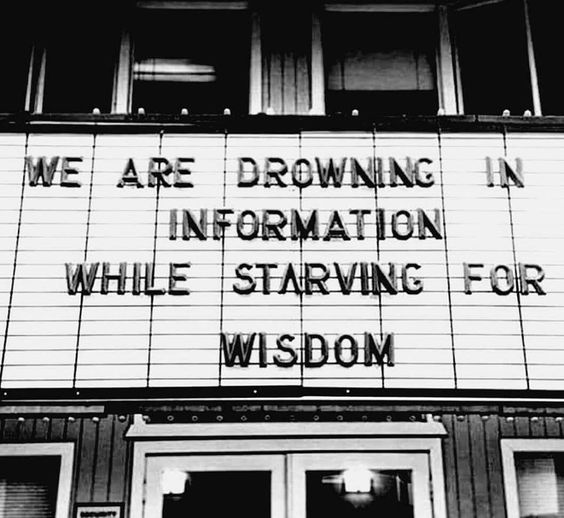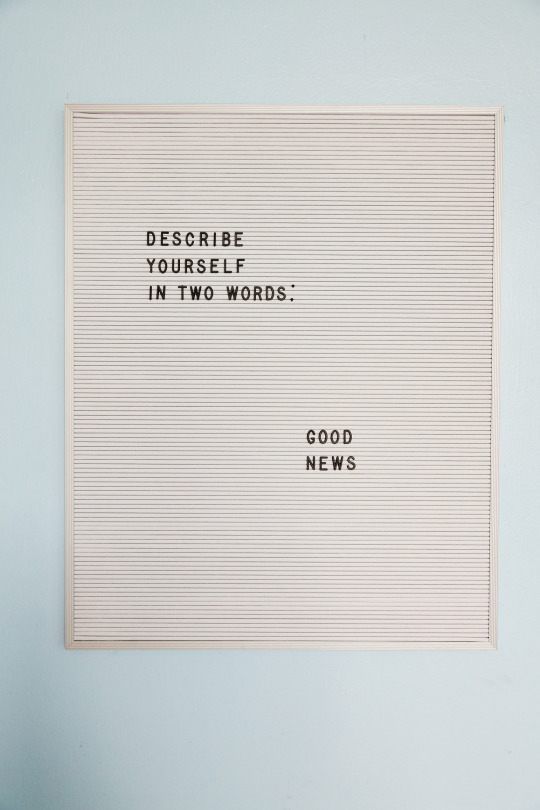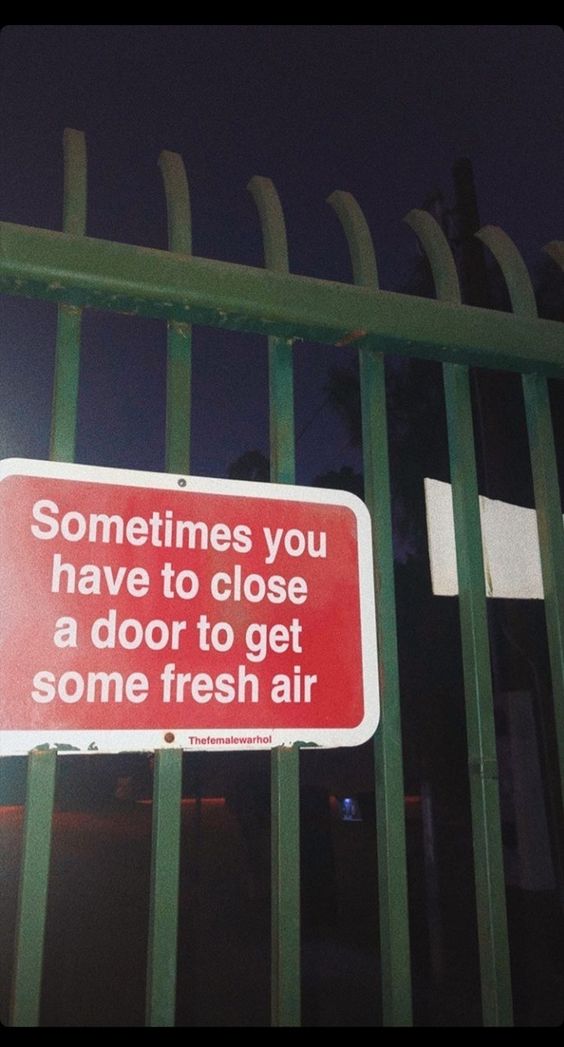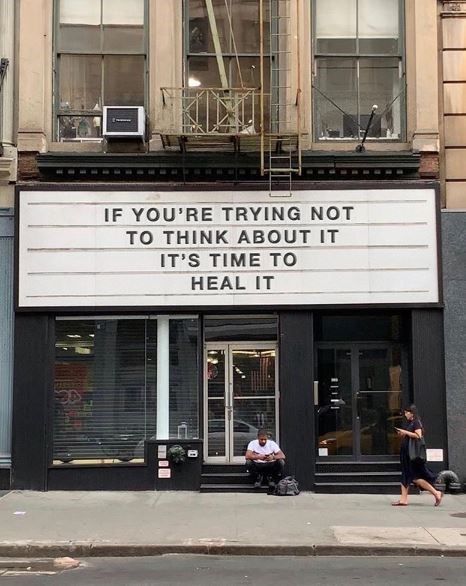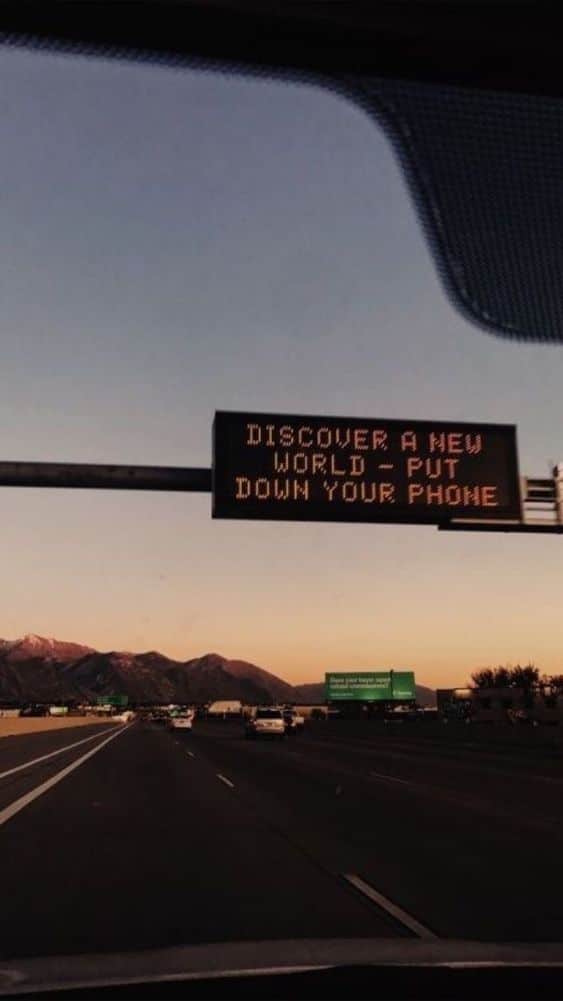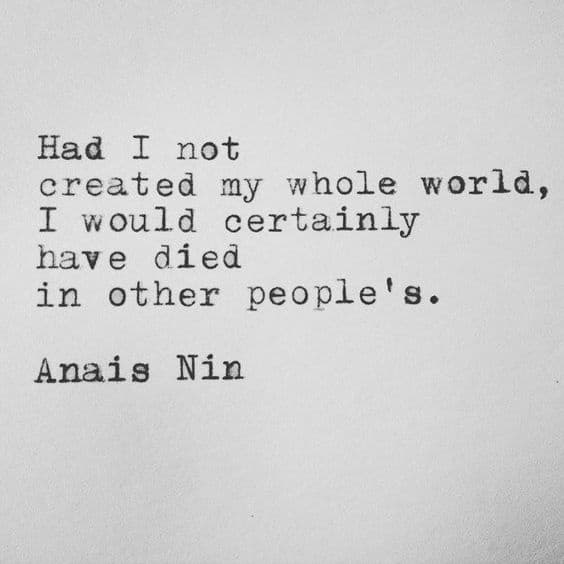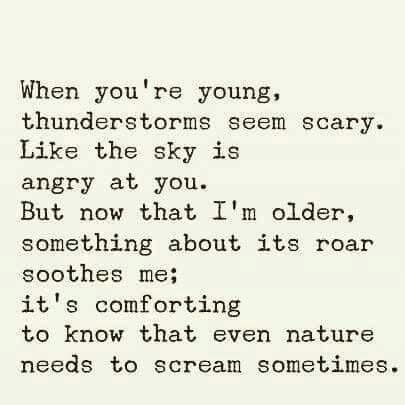Archives
“People tend to hide their problems and to put their best face forward. We only see and hear of their triumphs, their new relationships, their brilliant ideas that will land them a gold mine. If we move closer—if we saw the quarrels that go on behind closed doors or the horrible boss that goes with that new job—we would have less reason to feel envy. Nothing is ever so perfect as it seems, and often we would see that we are mistaken if we only looked closely enough.”
Robert Greene, The Daily Laws (Page 377)
“Only in the storm can you see the art of the real sailor; only on the battlefield can you see the bravery of a soldier. The courage of a simple person can be seen in how he copes with the difficult and dangerous situations in life.”
Daniel Achinski, via A Calendar of Wisdom (Page 314)
“…The more civilized and moral we outwardly become, the more potentially dangerous is the Shadow, which we so fiercely deny. The solution is not more repression and correctness. We can never alter human nature through enforced niceness. The pitchfork doesn’t work. Nor is the solution to seek release for our Shadow in the group, which is volatile and dangerous. Instead the answer is to see our Shadow in action and become more self-aware. It is hard to project onto others our own secret impulses or to overidealize some cause, once we are made aware of the mechanism operating within us.”
Robert Greene, The Daily Laws (Page 376)
“Do not believe that in religion you cannot trust your intellect. The force of our intellect must support the foundations of every real faith.”
William Ellery Channing, via A Calendar of Wisdom (Page 313)
“Some problems lend themselves to reexamination. A second, third or even fourth thought is productive, because our initial impulses might not reflect our best effort at understanding the nuances of the situation. But many problems simply create more thoughts, without productive output. As we confront something that is unlikely to have a simple or productive way forward, it’s easy to go into a mental tizzy imagining solutions. The art is understanding which sort of problem we’re facing. And devoting the right amount of thought (not less and definitely not more) to the situation we’re in. Spending cycles on categorizing the problem is probably more productive than wasting time on problems that don’t deserve our effort.”
Seth Godin, Blog
